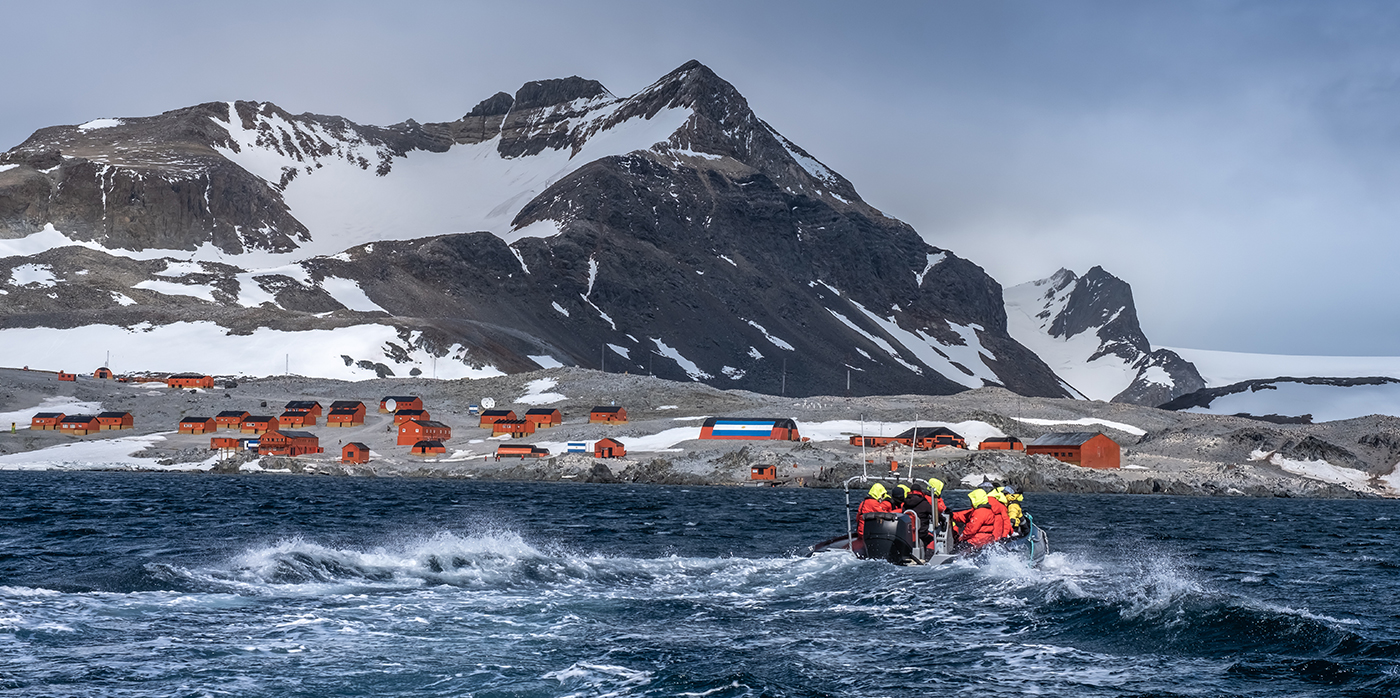Antarctic Wildlife Research Fund Open to Applications
Funding for scientific researchers to determine the impact of the krill fishing industry on the Antarctic marine ecosystem in order to ensure ecosystem protection while improving the management of the fishery.
The Antarctic Wildlife Research Fund (AWR) facilitates and promotes research on the Antarctic ecosystem. It was established in January 2015 by the Antarctic and Southern Ocean Coalition (ASOC), WWF-Norway and Aker BioMarine.
AWR’s mission is to ensure a resilient Antarctica and fill critical gaps in research and monitoring to improve the management of the Antarctic krill fishery. Krill, small shrimp-like crustaceans, play a key role in the Antarctic ecosystem, and are an important food source for Southern Ocean species such as fish and blue whales.
High-quality scientific information that can help resolve current scientific uncertainties about krill, krill predators and the ecosystem to assist in the long-term management of the fishery is needed. Under the Convention for the Conservation of Antarctic Marine Living Resources (CCAMLR), fisheries management must prevent any fishery-induced change to the marine ecosystem or minimise the risk of any such change that is not potentially reversible over two to three decades. Research and monitoring to increase knowledge and understanding will support this management.
The AWR Antarctic Wildlife Research Fund was established to facilitate and promote research on the Antartic ecosystem. The funding is aimed at research based on AWR’s Scientific Research Plan. The main aims of the Research Plan are to:
- Contribute to the work of CCAMLR on the development of a feedback management system for the commercial fishery for Antarctic krill.
- Design and implement a series of candidate scientific reference areas to monitor natural variability and long-term change.
- Design field and analytical methods for providing early warning signals about future ecological change.
- Observe and evaluate signals of ecological change with a view to determining, to the extent possible, the causes of change, whether natural or anthropogenically induced.
In developing research proposals, it is hoped that projects will be collaborative in nature, including between scientists from different CCAMLR Members, krill fishing companies and government/non-governmental scientists.
The preferred research projects for this ninth (2023) call for proposals are:
- Krill biology and ecology to inform krill fishery management.
- Krill-predator-fishery interaction.
- Supporting ‘spatial overlap analysis’ (previously known as risk assessment) framework for krill fishery management.
- Cutting edge science to monitor krill for fishery management.
Other novel or exciting projects, or relevant projects that take advantage of logistical assets of already funded projects, may be considered where they match closely with the aims of AWR.
Applications are invited from scientific researchers based in any country for projects on the Antarctic marine ecosystem. The inclusion of students or early career scientists is encouraged.
The ninth call has a budget of $150,000. Grants are generally expected to be in the order of $25,000 to $90,000, although the entire budget amount may be awarded to a single project in exceptional circumstances.
Applications must be submitted by the deadline of 5 April 2023 (20:00 CET).
(This report was the subject of a RESEARCHconnect Newsflash.)

